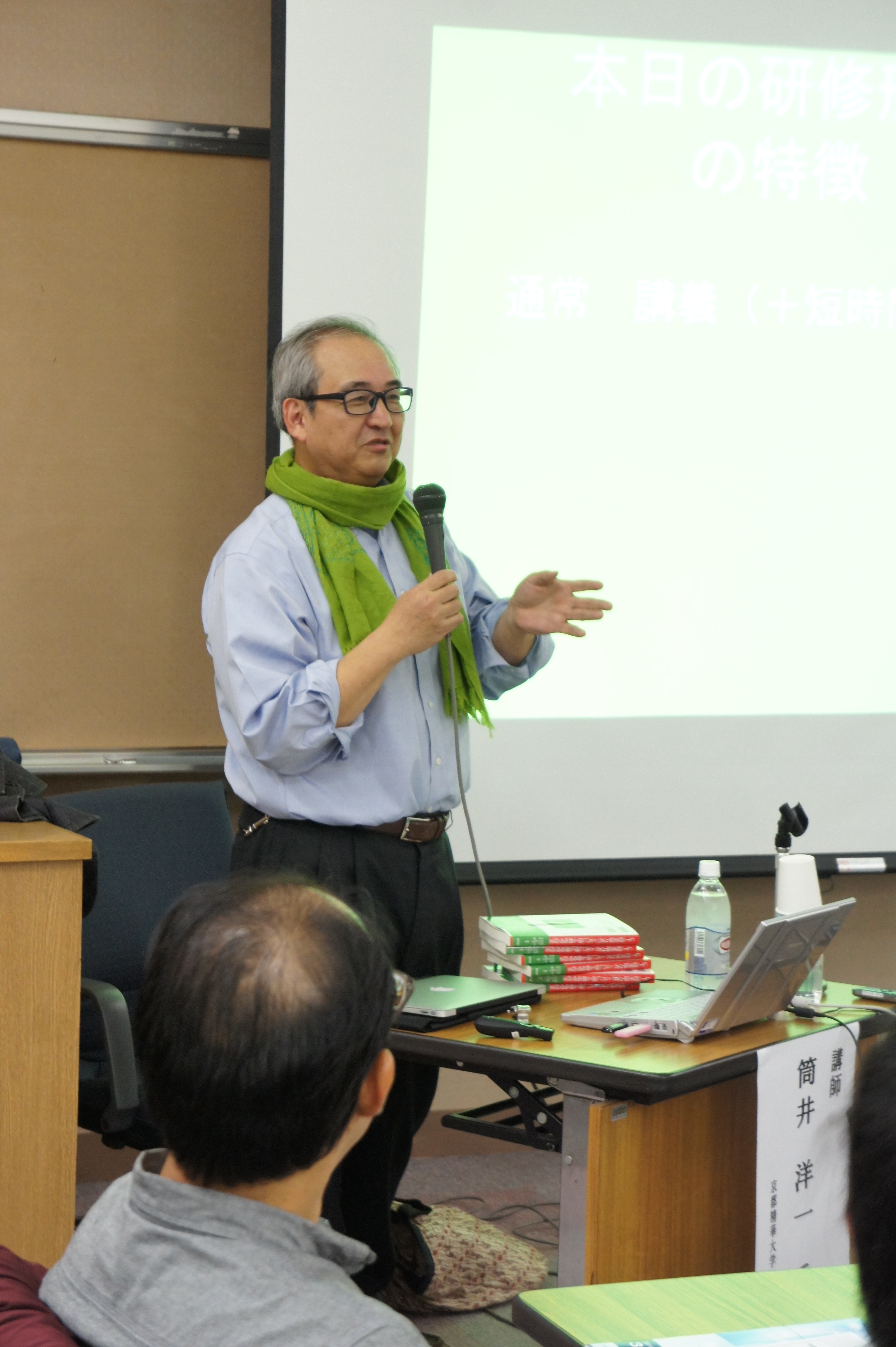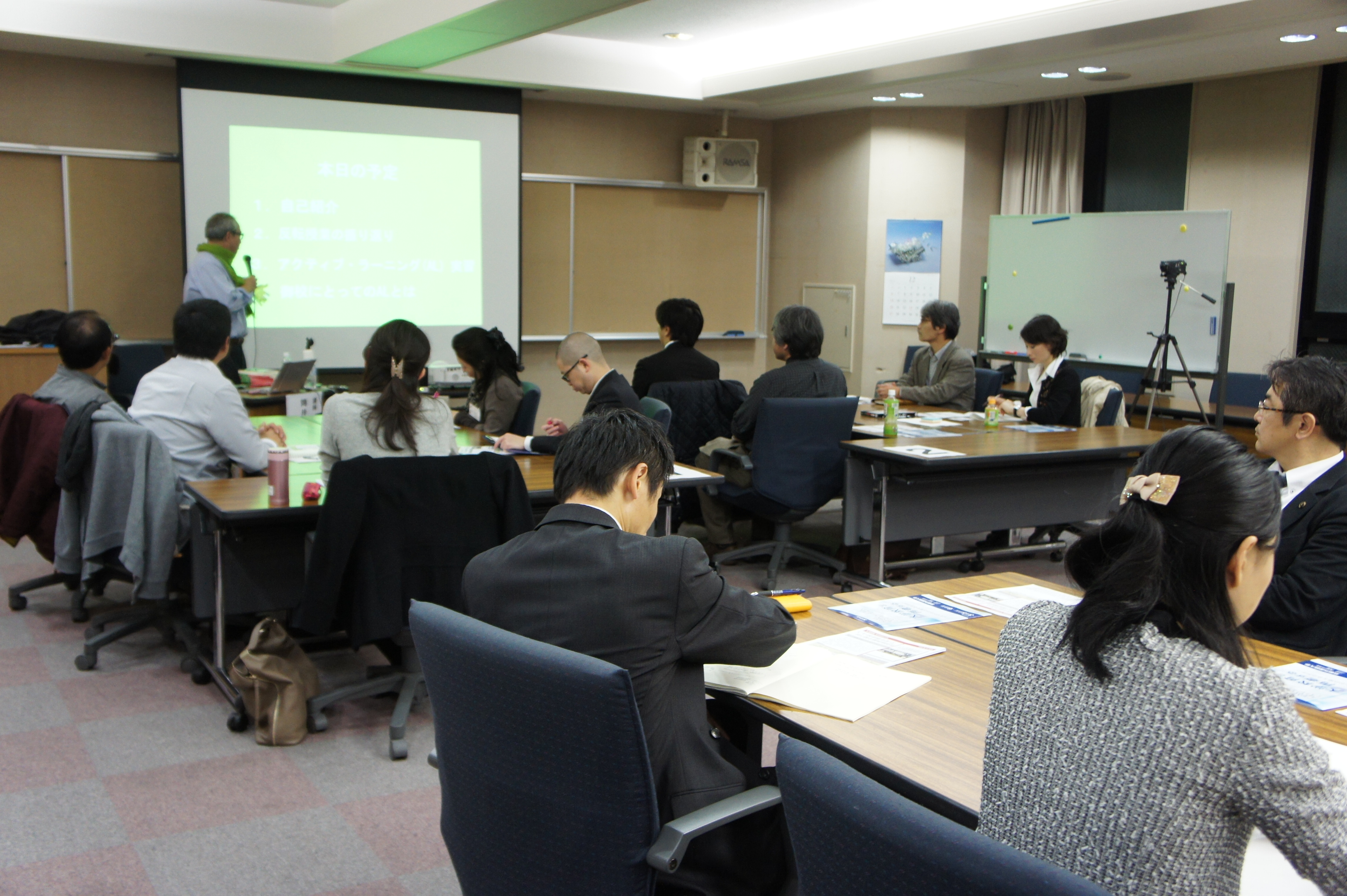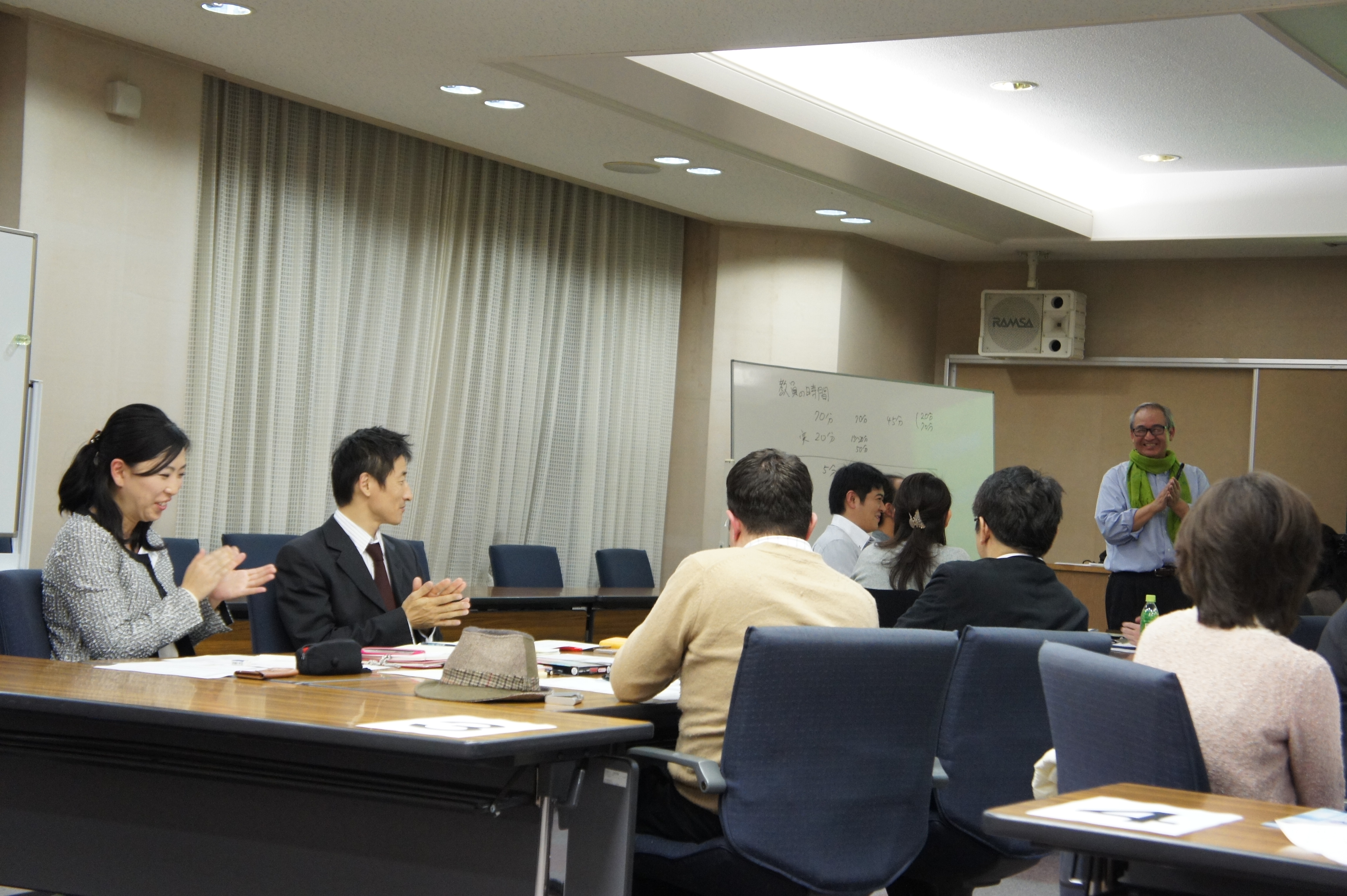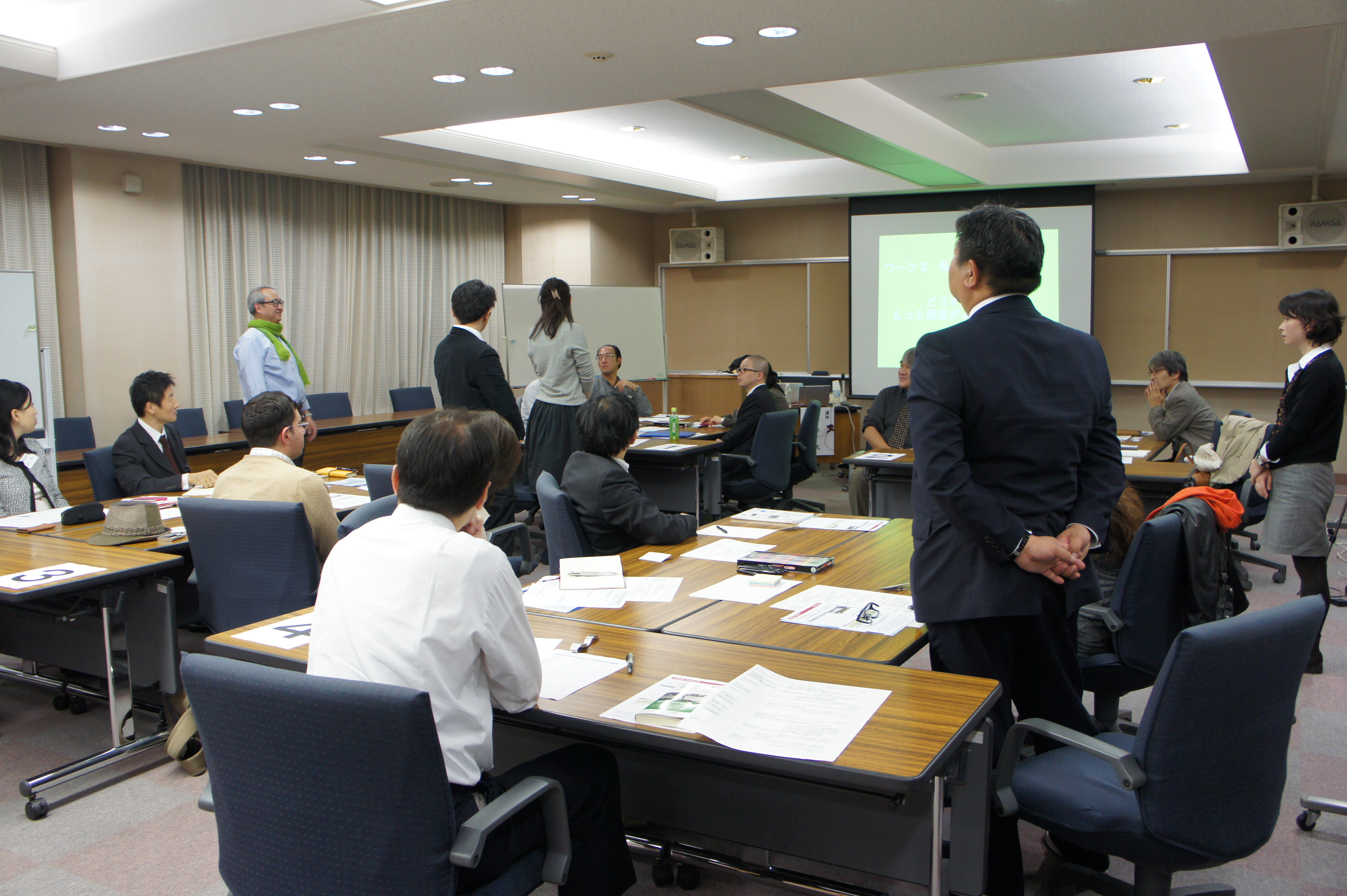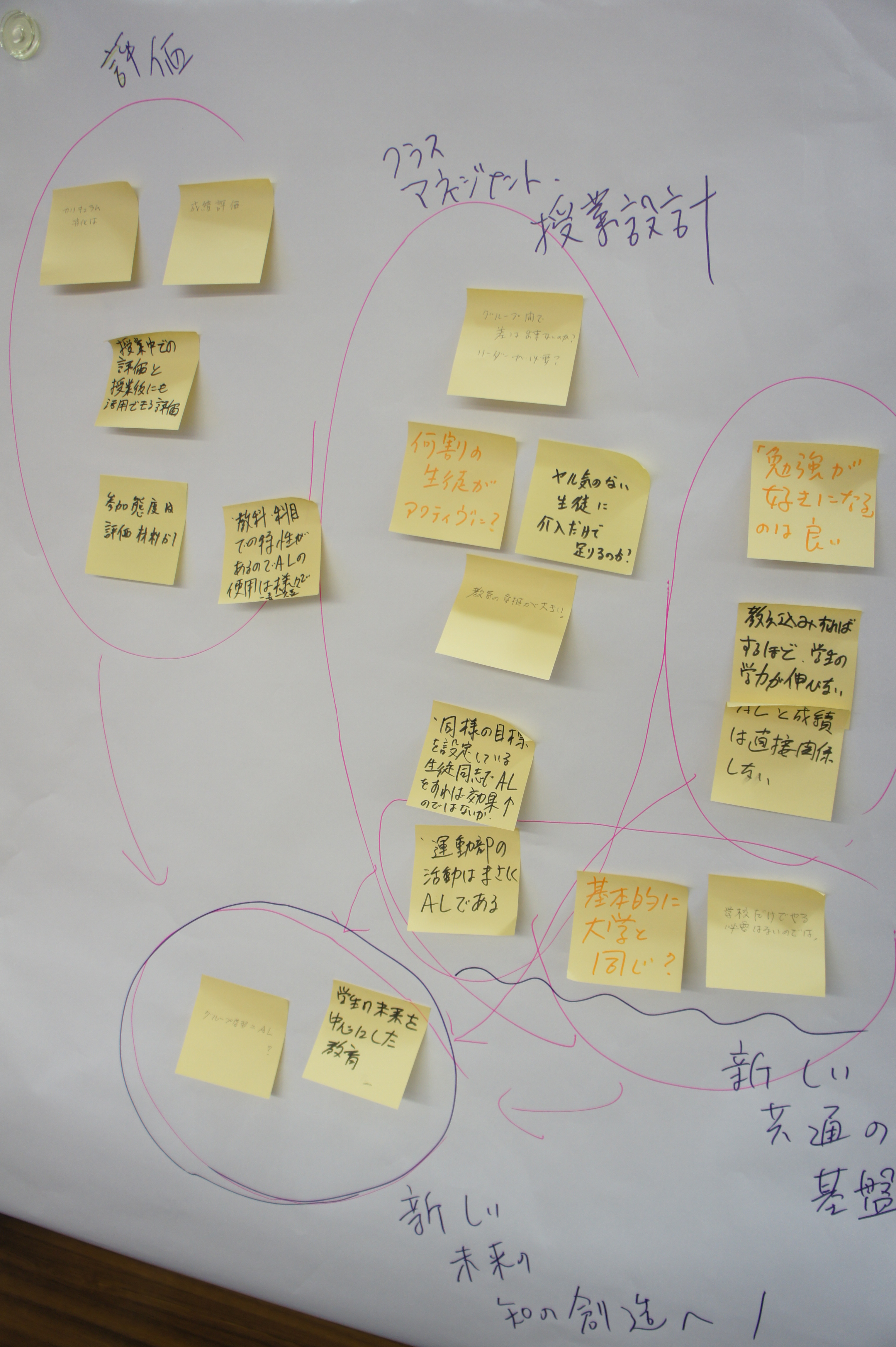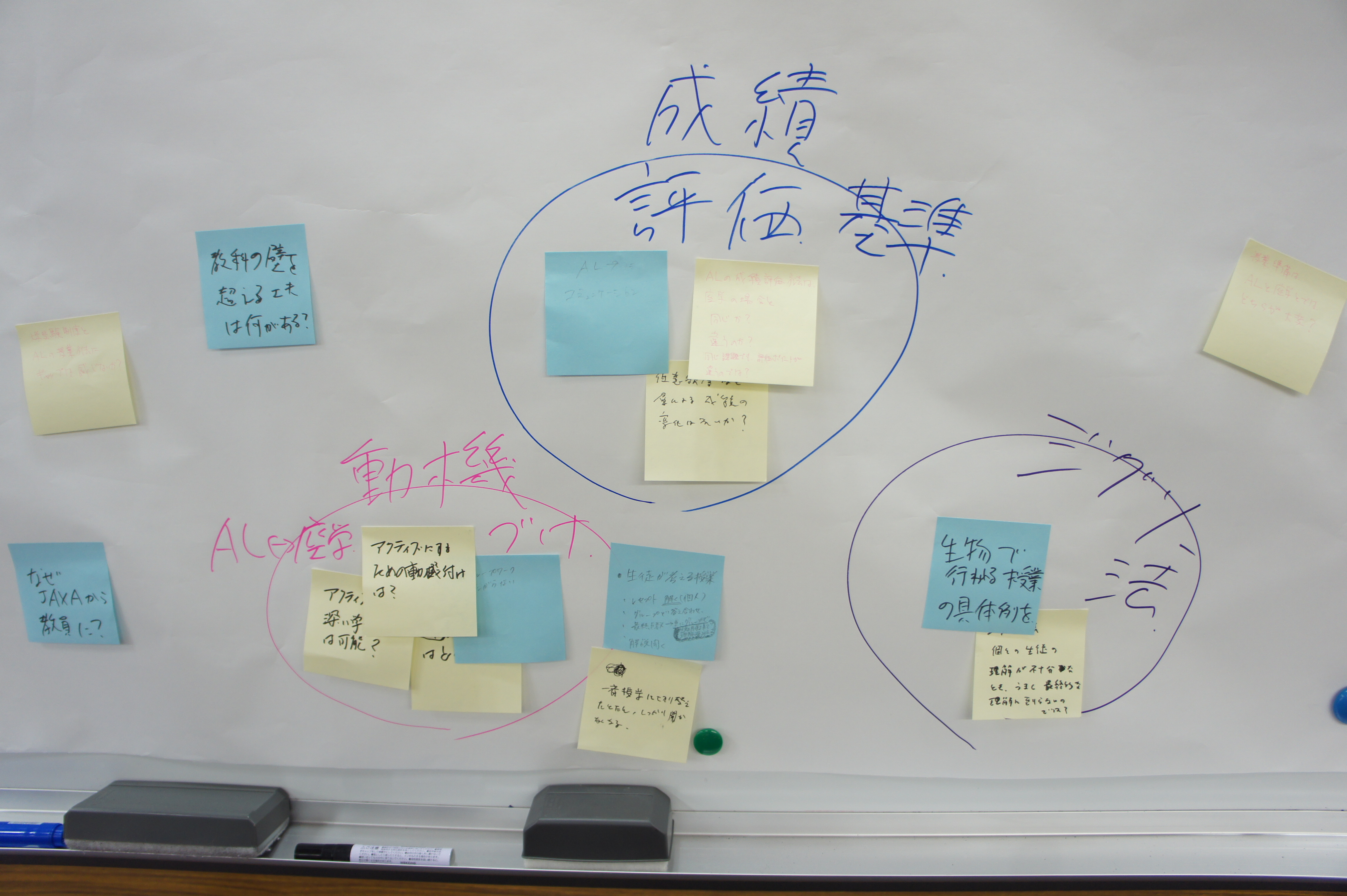Outline of the event (2 times in total, common to each session)
Theme: “Experience: Learning Mechanisms and Mechanisms”
We will introduce the mechanism and mechanism of the learning method called “active learning”, which is currently attracting attention, based on specific practical examples.
Why don’t you actually do “active learning” in the program?
| Venue: | Ikebo Junior College, Senshinkan 6F, Conference Room 1 | |
| Organizer | University Consortium Kyoto | |
| Target: | University faculty members and university officials who are interested in educational activities at the university | |
| Participation fee: | Free | member universities |
| Non-member universities | : 1,000 yen | |
| Capacity: | 30 (first-come, first-served basis) | |
Session 1: The form of “learning” in Imadoki’s high school: What are the active learning classes that students have experienced?
| Date: | , November 20, 2015 18:00~20:00 (Reception starts at 17:30) |
| Lecturer: | Tatsuya Ijiri (Teacher, Horikawa High School, Kyoto City) |
| Application deadline: | Monday, November 16, 2015 |
| Uchi: Speaker | the “Kawai Juku Education Research Forum 2014” held by Kawai Juku. Here is an example of active learning practiced at Horikawa High School. In addition to learning about practical examples of active learning classes held at Imadoki high schools, we will learn about the current state of learning for students who will become university students in the future. |
Session 2: The difference between active learning and lecture-based classes ~From open learning at universities~
| Date: | , December 11, 2015 18:00~20:00 (Reception starts at 17:30) |
| Lecturer: | Yoichi Tsutsui (Professor, Kyoto Seika University) |
| Application Deadline | : Monday, December 7, 2015 |
| Contents: | class “Introduction to Group Work,” which aims to improve interpersonal communication through learning group work methods, participants will actually experience some group work that encourages open and flat learning. |
[Click here to download the University Education Power-up Seminar Flyer]
Implementation Report
Report on the 2nd University Education Power-up Seminar
On Friday, December 11, the University Consortium Kyoto held its 2nd University Education Power-Up Seminar titled “The Difference Between Active Learning and Lecture-Based Classes ~From Open Learning at Universities~”.
On the day of the event, we welcomed 15 participants from member and non-member universities, and after a talk by Professor Yoichi Tsutsui of Kyoto Seika University, we conducted group work.
The seminar was highly practical, with participants watching a video prepared as a flipped classroom in advance and taking a confirmation test before participating. According to Prof. Tsutsui, active learning will become commonplace in the near future, and it is essential for the entire university to make an effort, and it is necessary to shift from “teaching” to “self-learning” and to be open to society.
Finally, in the questionnaire for this seminar, all participants responded that they were “very satisfied” and “satisfied,” making it a very highly evaluated study session. In addition, we received comments such as, “I was able to learn how to manage group work specifically, I was able to experience the flipped classroom firsthand,” and “It was useful to share individual ideas with the group and present them as group opinions.”
Report on the 1st University Education Power-up Seminar
On Friday, November 20, the University Consortium Kyoto held its first University Education Power-Up Seminar, “Imadoki’s High School ‘Learning’ Forms ~What are the Active Learning Classes Experienced by Students~”.
On the day of the event, 14 participants from member and non-member universities were invited to participate in group work, divided into four tables after the lecturer provided a topic.
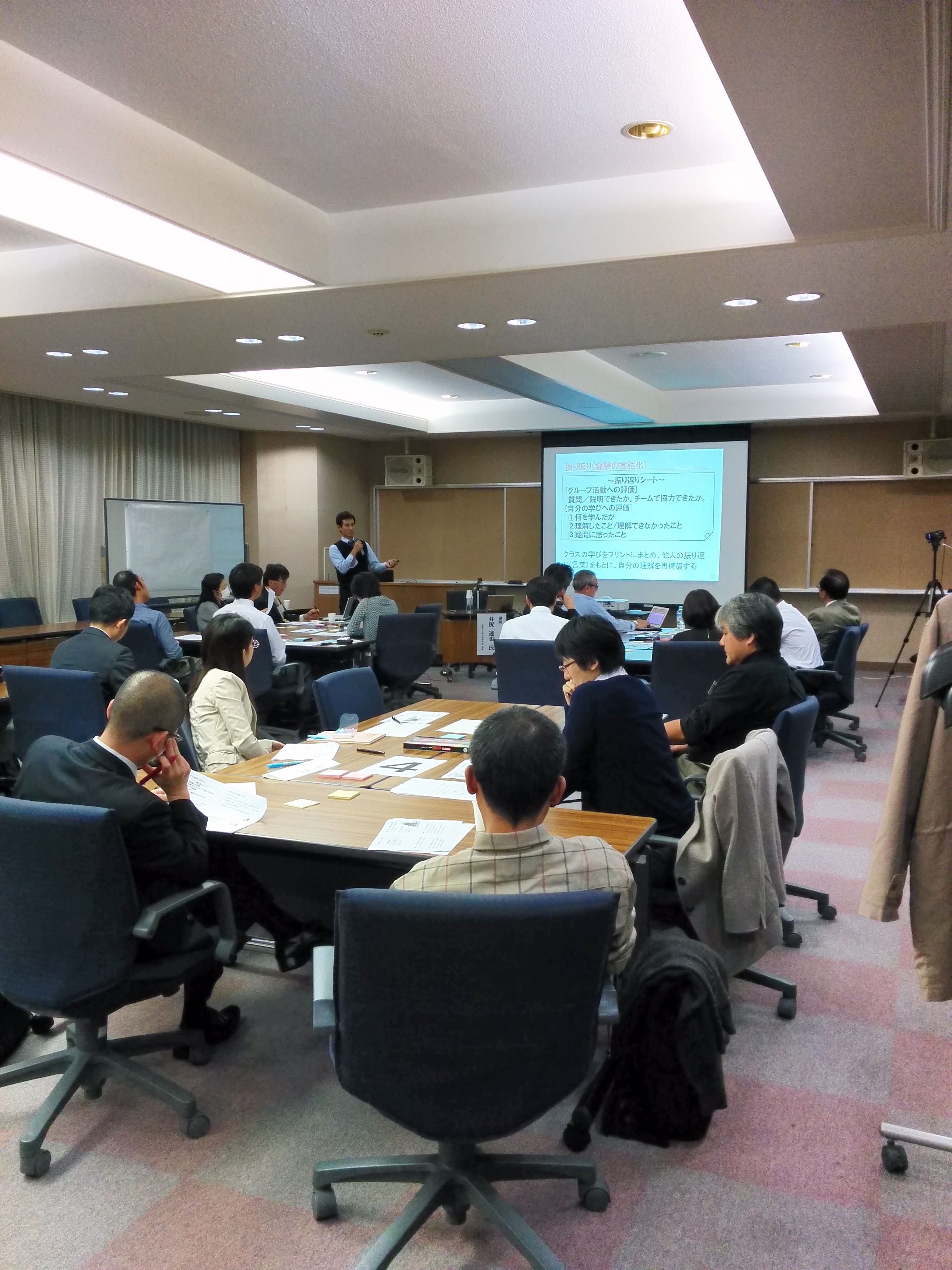
He talked about the impetus for the introduction of active learning in high schools and the actual teaching methods, and while the students responded positively, saying that they were able to confirm their place and that the topic continued after class, some teachers showed apathy and skepticism.
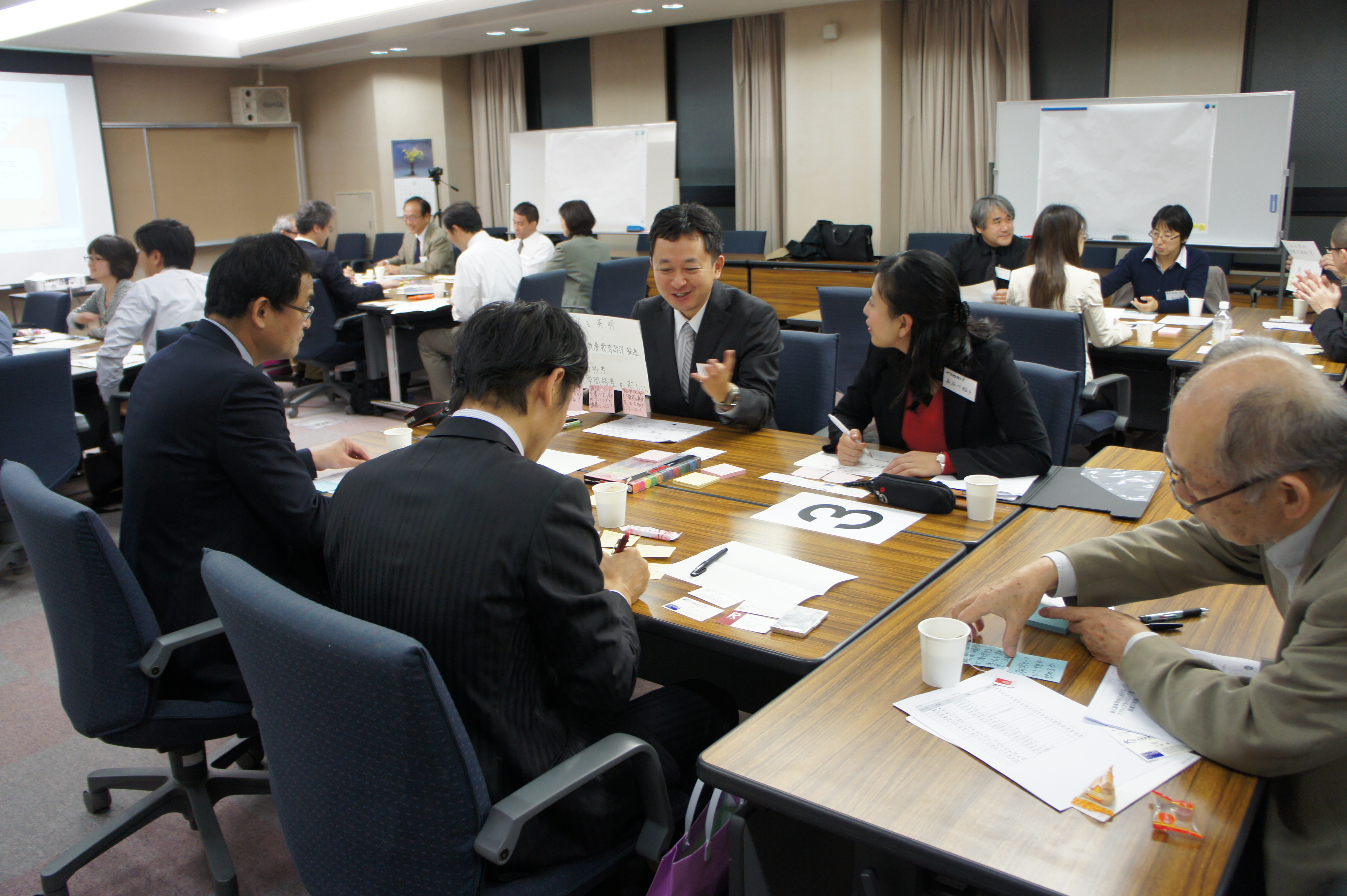
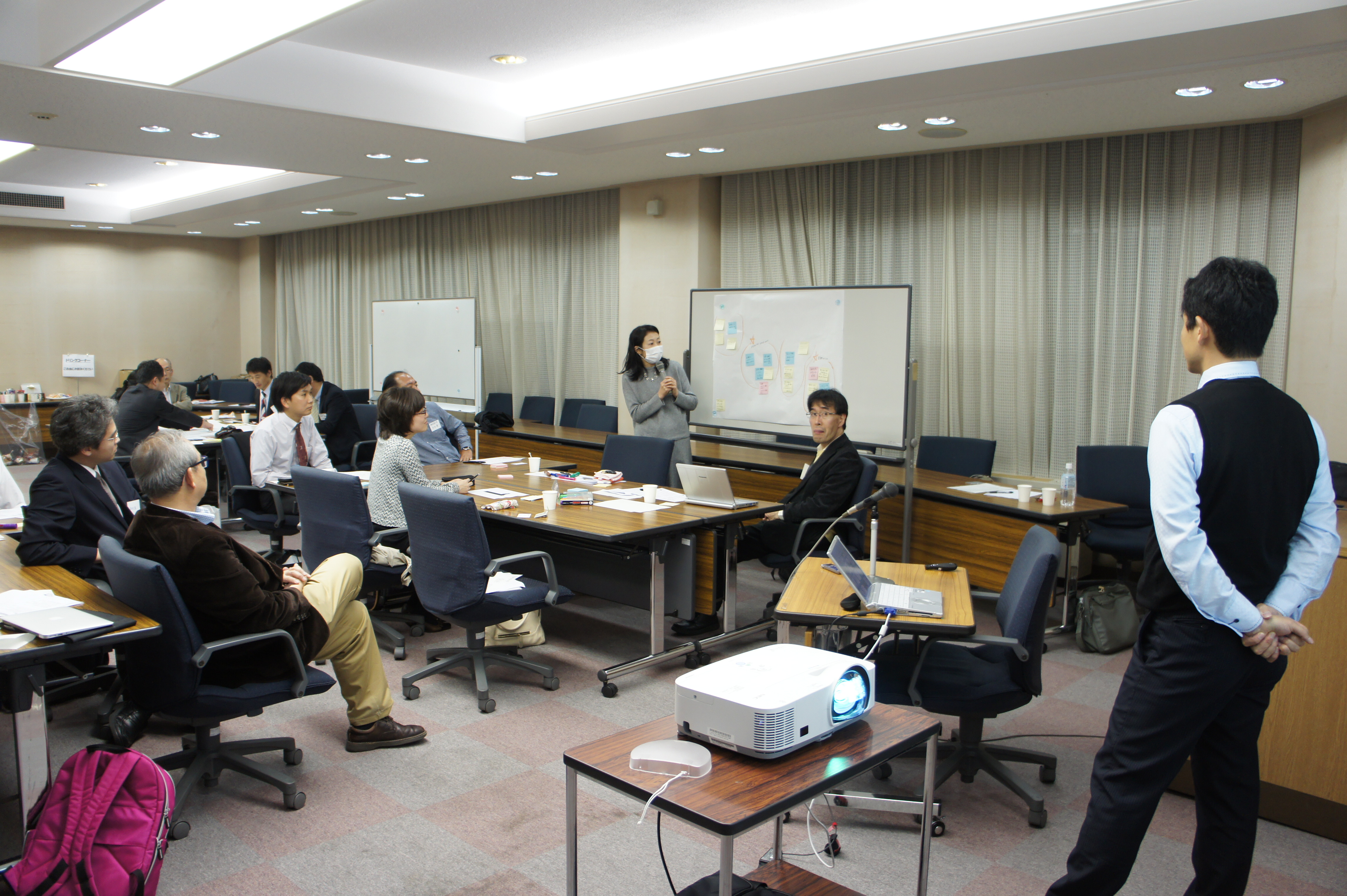
Finally, according to the results of the questionnaire for this seminar, more than 90% of the respondents said that they were “very satisfied” or “satisfied,” making it a study session that was well received by the participants. In addition, we received comments such as, “I was impressed by the fact that the students start by thinking about the meaning of “mind” and “thinking,” and “I was able to get a lot of hints for promoting students’ independent learning Mr./Ms.
Inquiries
University Consortium Kyoto FD Project
TEL 075-353-9163 FAX 075-353-9101
〒600-8216 Shimogyo-ku, Kyoto-shi, Nishitoin-dori, Shiokoji, Shimo-ku, Kyoto, Campus Plaza Kyoto
* Reception hours: Tuesday ~ Saturday 9:00 ~ 17:00 (excluding year-end and New Year holidays)














